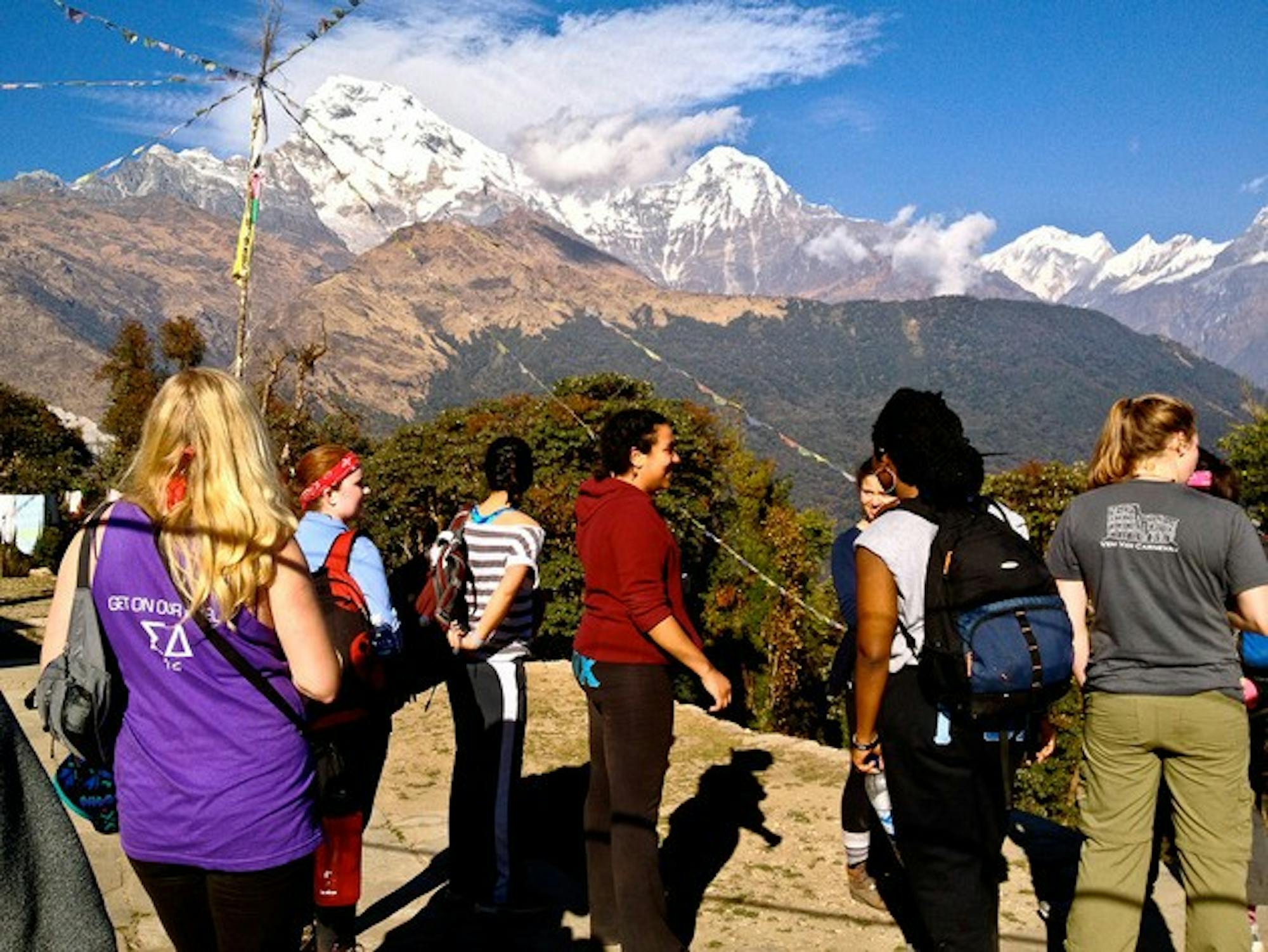Badalge was one of many Dartmouth students who used the extended break to work, relax and travel. She said that she is pleased with the new calendar for the expanded opportunities it offers.
"I definitely needed the long break to go there as long as possible to really understand what African life is like," Badalge said. "I couldn't have done it if it had been really short."
Badalge said she was happy to have time to relax after returning from the trip as well.
Nicholas Bernold '16 similarly took advantage of the new schedule by interning for four weeks at the London Chamber of Commerce. An internship would have been impossible with a shorter break because most companies and organizations that offer internships have minimum time commitments, he said. Bernold, who found the internship through an alumnus, said that the experience gave him the chance to apply his interest in international relations.
"I live in Hanover, so while many others wanted to go home over winter break, I was ready to get away and try something new," Bernold said. "I was really excited for break, and it was a great experience that I'm glad I had."
Other students said they were pleased with the merging of Thanksgiving and winter break, enabling more students to go home for Thanksgiving.
Before winter break was extended, some students would remain on campus for Thanksgiving to avoid paying the travel costs of returning to Dartmouth for finals, according to Michelle Lee '13.
"This year was the first time I spent Thanksgiving with my family since I've come to Dartmouth," Lee said.
Without finals looming over their turkey feasts, students may enjoy Thanksgiving more, Daniel Akinola-Odusola '13 said.
Yet for some student groups, including the Rockapellas, the longer break proved inconvenient.
The Rockapellas could not coordinate their travel plans like they had in the past and had to fly individually from their homes to their tour in Nepal, instead of collectively from campus.
Students, faculty and administrators agreed that the Fall term was manageable in terms of planning and following syllabi.
Dartmouth's reduced course load three instead of four or five classes effectively balances the 10-week terms, government professor John Carey said in an email to The Dartmouth.
"On the upside, it allows for more intense focus, so I can cover about the same amount of material in a 10-week Dartmouth course as I did in a 14-week [Washington University in St. Louis] course," he said.
The quarter system's main flaw is that the 10-week term does not allow enough time for students in advanced courses to fully develop research projects, Carey said.
The extended break draws comparisons to the "J-term," or January term, offered at some peer institutions that follow a semester system.
The institutions, including the Massachusetts Institute of Technology, Middlebury College and Williams College, use the month to offer students the opportunity to pursue extracurricular or professional interests outside of a formal academic setting.




